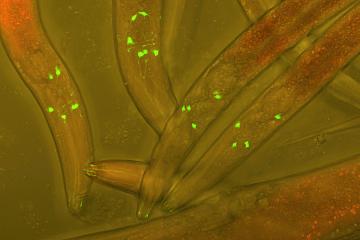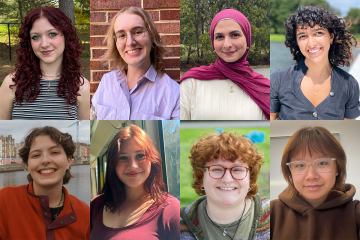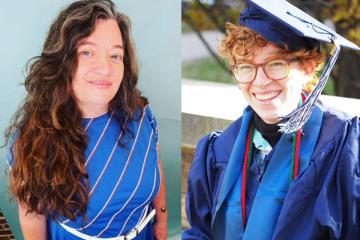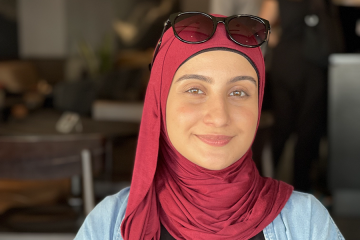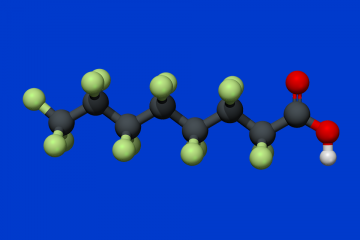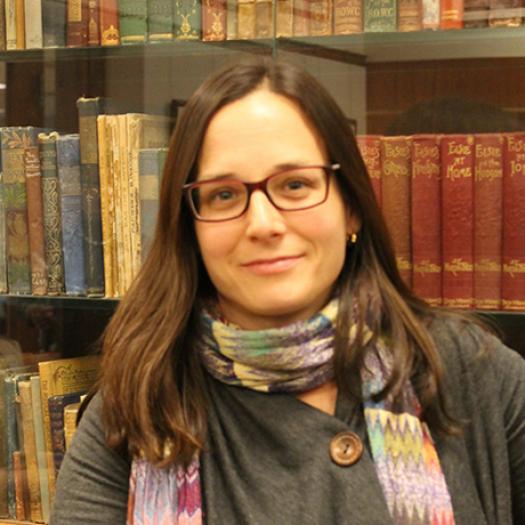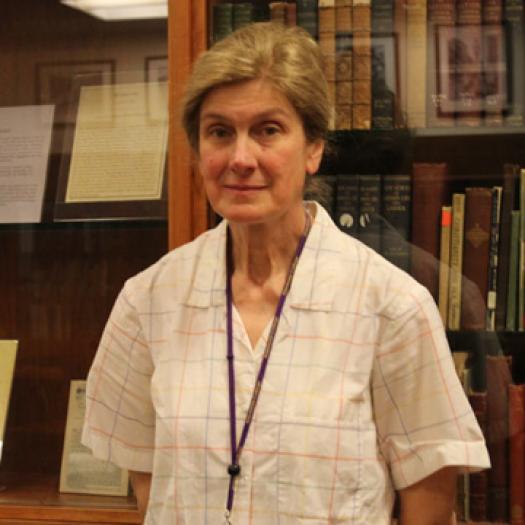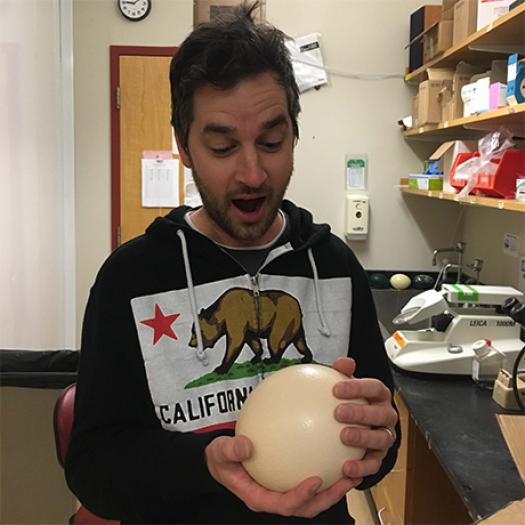Biology
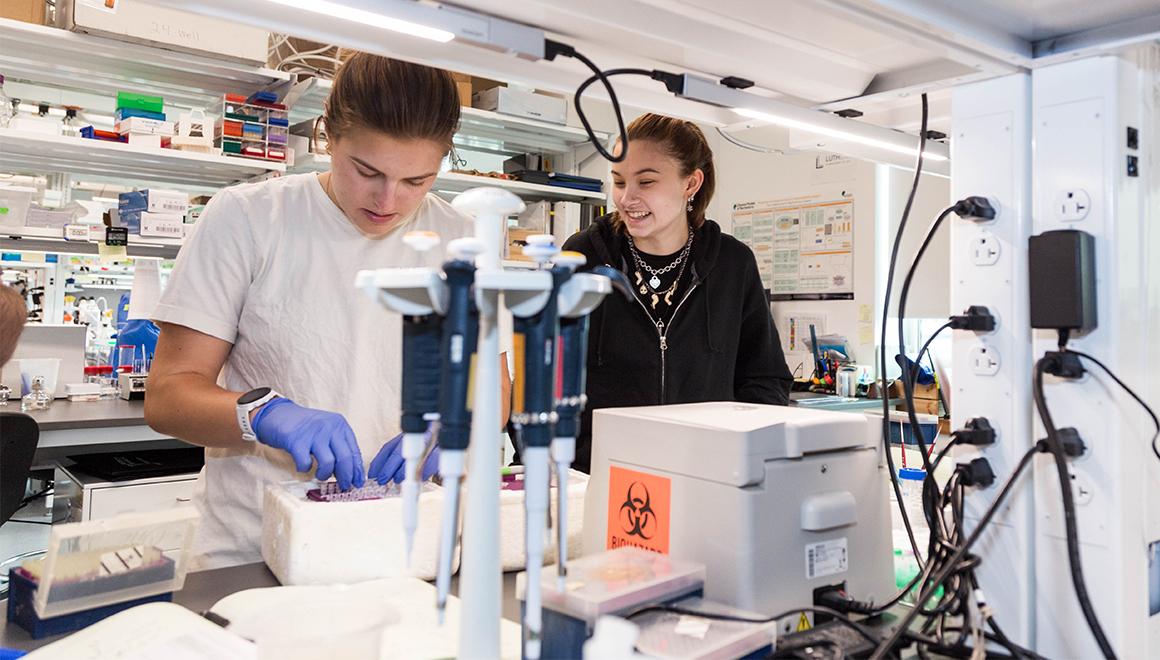
Find your purpose as a scientist and changemaker
Are you fascinated by biology and intrigued by topics like molecular genetics, environmental studies, and health sciences? A Biology degree from Simmons offers rigorous academics, hands-on research, and faculty mentorship to help you chart your course in the scientific world.
At Simmons, a Bachelor of Science degree in Biology prepares you for a variety of careers. You’ll gain knowledge in the basic principles of biology, including the structure, biochemistry, function, and metabolism of cells. Courses also cover genetics and the theory of evolution. You’ll develop the critical thinking and laboratory skills needed to thrive professionally in scientific fields today.
Join a community committed to advancing women and gender equity in STEM. At Simmons, you'll ask big questions, lead boldly, and support others who share your values.
If you're passionate about healthcare, learn how to leverage your biology degree to pursue many career paths through our Pre-Health Professions Track.
Why study Biology at Simmons?
Biology explores all living organisms, from humans and animals to plants and ecosystems. Life sciences are crucial to advancing the fields of medicine and healthcare, forensics, technology, and wildlife and environmental conservation.
As a biology major, you’ll develop a strong foundation in biological principles and methodology within a student-centered classroom, laboratory, and research experience.
Our biology courses cover a breadth of topics, including:
- Organismal diversity in the environment
- Animal physiology
- Cell biology
- Conservation biology
- Evolutionary biology
- Environmental science
- Genetics
During senior year, you’ll put your knowledge into practice through independent biology research, a thesis project, or an internship.
Environmental Science Track
Simmons’ Biology major includes an Environmental Science Track designed to prepare you to address urgent global challenges. You’ll learn about environmental issues, climate change, and discover new career and graduate study opportunities in this growing field.
Through this concentration, you’ll explore how physical, chemical, biological, and human systems connect. You will build the knowledge and perspective needed to understand these relationships and find ways to support both people and the environment.
Earn your BS in Biology in Boston
Simmons sits in the heart of Boston, near the Longwood Medical Area's teaching hospitals and biomedical research centers. You’re a short distance from world-class hospitals, research centers, and internships that can launch careers.
Our students go on to prestigious graduate programs in allied health, biology, marine biology, dentistry, veterinary science, and genetic engineering — and medical school. They follow career paths in government, academia, healthcare, and commercial laboratories.
Our alumnae/i hold job titles including:
- Biochemist
- Genetic Counselor
- Microbiologist
- Agricultural and Food Scientist
- Pharmaceutical Sales Representative

